Adoptee Turns To Film To Create Collective Identity And Overcoming Alienation....

For much of his childhood and adult years, Glenn Morey kept the world at arm's length.
A Korean adoptee who grew up in Denver, Colorado, Glenn detached himself from intimate social situations, including his own adoptive family after his father's death. After college, he found he could not work alongside hundreds of co-workers in a big office and opened his own advertising agency. This allowed him to rely on only himself and close business associates throughout his career.
In his defense, the world pushed Morey away first.
He was abandoned on a Seoul street in 1960 when he was a two-week-old infant. Five months later, he and some 80 other babies were flown to their new homes in the United States through Holt Adoption Services.
Glenn was the only Asian student at his school from kindergarten through grade 12 in Denver. His classmates made fun of his eyes. Not a day passed by without someone throwing a racial slur at him like "Jap," "Chink" or "gook."
"It made me not want to be Korean. And not want to talk about it," he said in an interview in Seoul with The Korea Times on Wednesday, explaining how his sense of alienation developed in those formative early years.
The rejection led him to detest his Asian features. He often fantasized about looking white like his friends. When the driving authorities asked him his hair color for his driver's license, he insisted it was dark brown, not black. It was also what his mother told him to do. According to her, he too was a "Scottish Morey" just like her and his father, a NASA engineer.
Now 59, six years into his retirement, he's beginning to come to terms with his identity as a transnational adoptee through film ― collecting the stories of other Korean adoptees around the globe.

"Side by Side: Out of a South Korean Orphanage and into the World" ― his five-year film project with his wife Julie Morey ― held its first video art installation at the triennial gathering of Korean adoptees in Lotte Hotel Seoul, Wednesday.
Participants of the gathering fell silent before each of the 10 video panels. Faces filmed in different countries and languages flickered on and off in turn, talking about how they coped with bullying at school, how they got double eyelid surgery to look white, how learning Korean helped them feel more comfortable, and how they continue to live with the sadness of being abandoned at birth by their parents and home country.
"I'm grateful they took me out of that orphanage but am I grateful they took me out of Korea?" one woman asked, peering out of the screen.
Side by side, the faces and stories create a collective family history for Korean adoptees. Morey, who was abandoned with no note or information on his birth parents, says the project helped him overcome the feeling of "coming from nothing."
"We all need stories to help make sense of our lives. Non-adoptees have stories about their family over the course of generations and how you might have something in common with your grandmother or aunt," he said. "Likewise, I can imagine some of these stories in the project as mine now. And it helps to be able to picture some form of family of origin."
Over 180,000 South Korean infants and children were sent to wealthier Western countries for international adoption between 1948 and 2010, earning the country the nickname "baby exporter."
 |
| A visitor listens to a Korean adoptee in one of the video panels at the "Side by Side" exhibit. / Korea Times photo by Shim Hyun-chul |
A greater number of orphans, of course, did not find new homes at all. The film project includes interviews of 12 such Koreans who grew up in orphanages here ― two of them were in the same facility Morey stayed in before he was sent abroad. The screen dedicated to them, however, was switched off at this exhibit upon the request of the interviewees, who said they could face huge social stigma in their workplaces and social circles here if their background was known.
"Meeting them was the most humbling experience of my life," Morey said, suddenly tearing. "I was seeing right in front of me the alternative path… I could be living none of the life I enjoyed."
The small percentage who were adopted and sent abroad, including the ones who shared their stories in the "Side by Side" project, have never mingled with other Korean adoptees by attending gatherings and such. And this is the group Morey wants to share his film with the most.
"They haven't had a chance to understand they're not alone, that their experiences are had by other people," he said. "I want our project to help them see that, so they can see their own experiences with less of a sense of alienation."
Morey attended his first Korean adoptee gathering at the age of 42. He claims the moment he walked into a room full of Korean adoptees at Minneapolis was his first memory of actively perceiving and understanding his Korean identity.
When he started the project and asked for possible interviewees, hundreds of adoptees reached out to him through social media. Now that the film is out, he's flooded with a different sort of messages ― adoptees around the world who have never met another Asian or adoptee in their neighborhood and want to thank him for alleviating their isolation from the world.
He hopes the film will generate better public debate on inter-country adoptions.
"It's too easy to understand it (transnational adoption) as a compassionate act," he said. "But it's not enough to think just that. They're going to grow up."
By Lee Suh-yoon/The Korea Times
Thought this article would be an interesting topic to share with anyone who has had or knew someone with similar experience as those mentioned above. If you would like to, give your own or someone else's recount or thoughts in the comment section for an interesting and heartwarming exchange of positive vibes. Appreciate your time for reading this post. Thank you .

 SHARE
SHARE


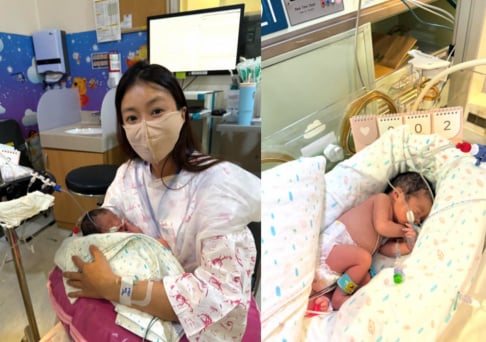

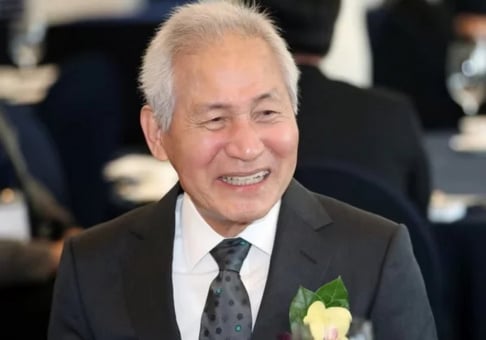
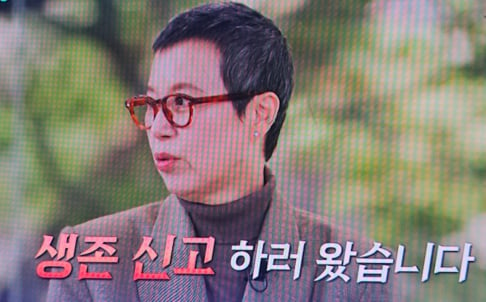
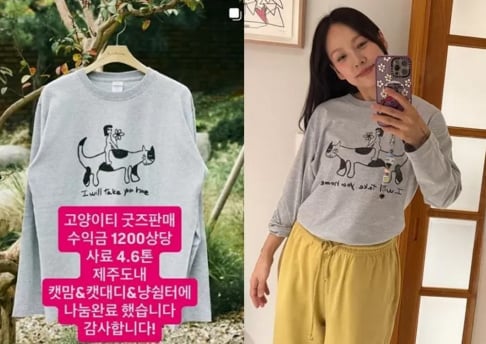
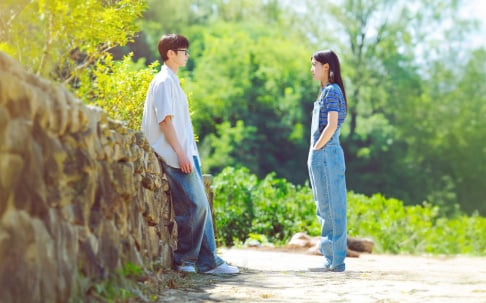
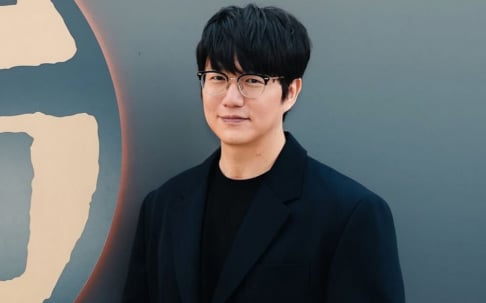
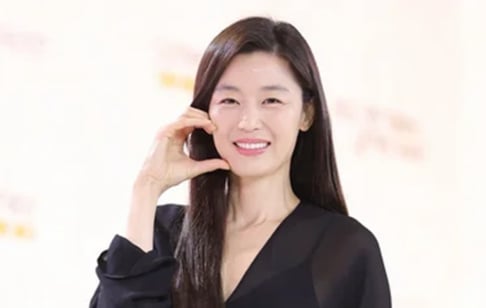

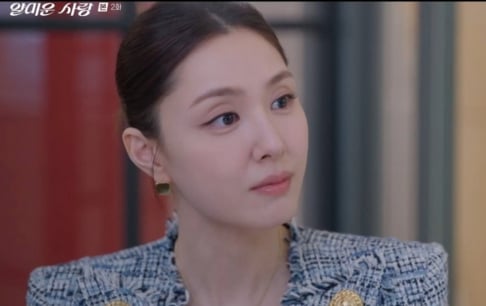
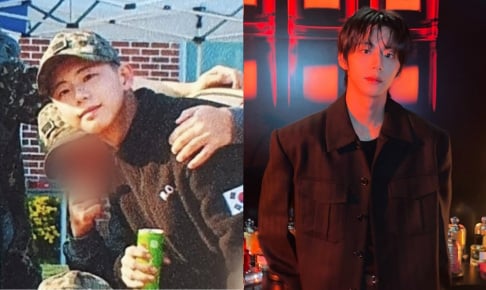
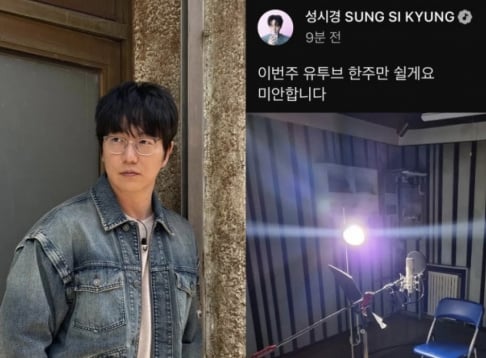

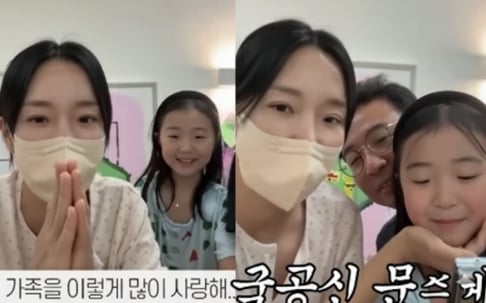
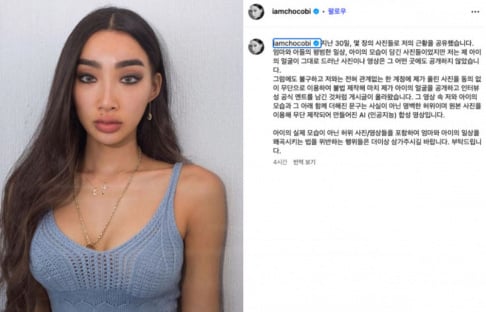
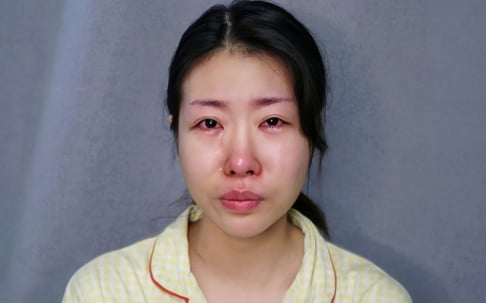
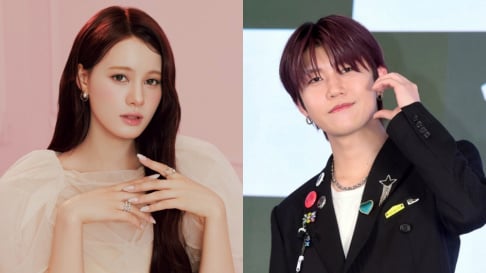
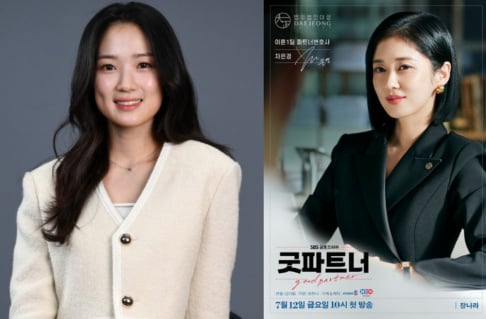

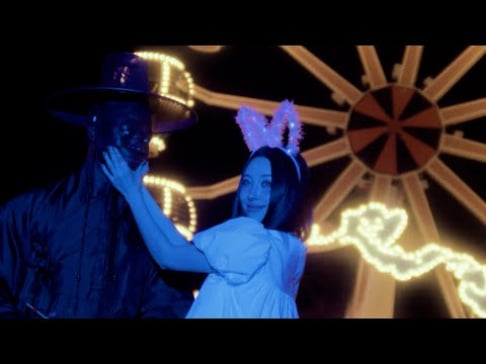
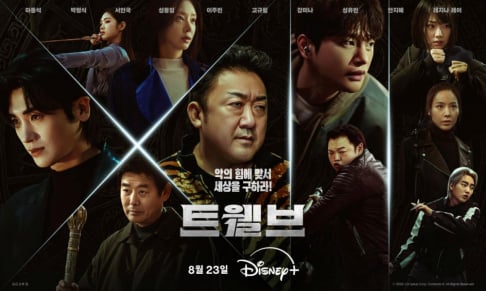


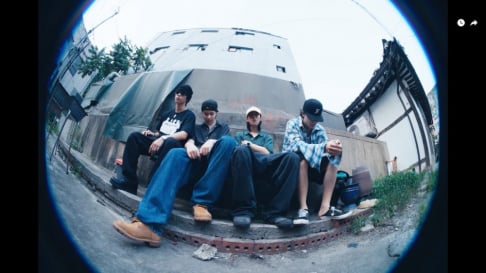




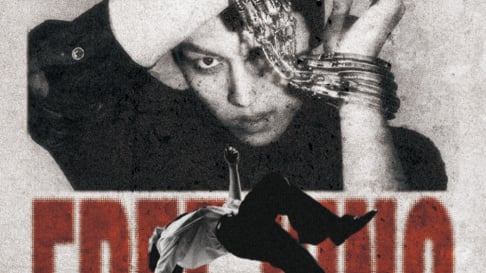
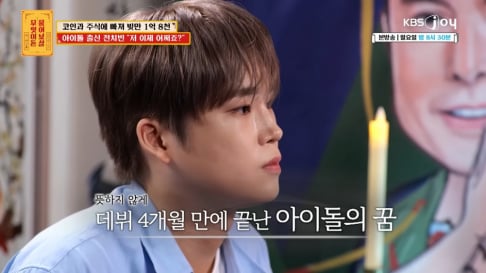

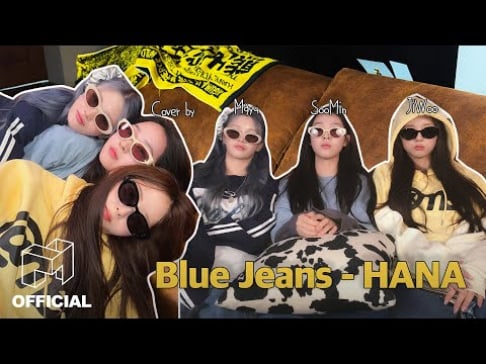
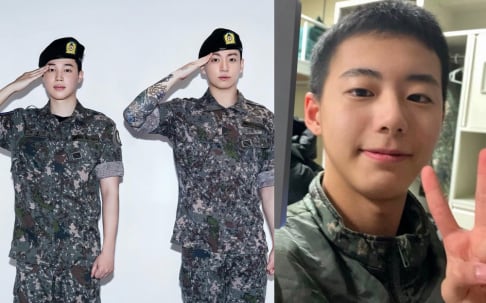


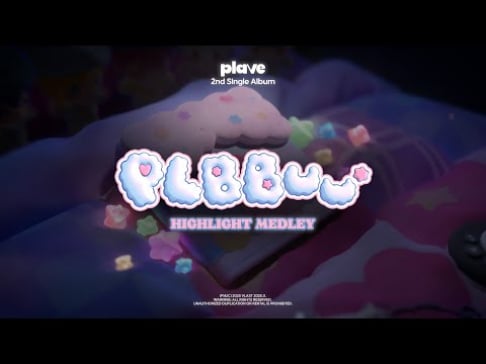








Log in to comment